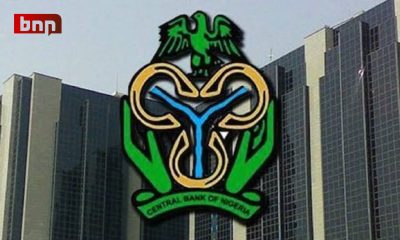The Central Bank of Nigeria reported during the week that Nigeria’s foreign exchange reserves hit $40 billion for the first time since January 2014, when it was N40.6 billion. The jump in external reserves also represents about $14 billion increase from their January 2017 figures of $26 billion.
The rise in crude oil prices, FX loans and many others have contributed significantly to the rise. Crude oil prices have virtually doubled from as low as $40 a barrel to nearly $70. Oil production has also remained relatively stable due to a lull in militant activities in the Niger Delta.
The recent conclusion of Nigeria’s Eurobond loans have also contributed significantly to the rise in the country’s FX positions. Nigeria borrowed about $4.8 billion in Eurobonds in 2017 an increase from about $1.5 billion in 2016.
An increase in Capital Importation was also observed in 2017, following the introduction of the Investor/Exporter window by the CBN. Data from the NBS reveals, Capital Importation increased to $6.8billion in the first 3 quarters of 2017 compared to a total of $5 billion in 2017 as a whole.
The CBN’s reluctance to lift the ban on 41 composite items from accessing forex for imports is also attributed to the buildup of the reserves. The ban has significantly reduced access to forex for imported items into the country, further reducing the pressure to sell some of the forex earnings of the government.
ALSO SEE: N100bn revenue shortfall: FG orders contractors to show TIN before payment
Despite opening the Investor Exporter Window, the CBN still retains much of the capital controls it imposed in the early days of the forex crisis. For example, naira debit cards are hardly used by Nigerians abroad, following the heavy restrictions imposed by the CBN. Transfers out of domiciliary accounts are still heavily restricted while most dollar denominated cards rarely facilitate forex transactions.
Healthy reserves for the country mean relative exchange rate stability. Enhanced foreign exchange liquidity also gives foreign investors the required confidence to invest in the country. At the peak of the foreign exchange crisis, investors and businesses had difficulty repatriating their profits out of the country.

 Aviation1 week ago
Aviation1 week ago
 Business5 days ago
Business5 days ago
 Business5 days ago
Business5 days ago
 Education5 days ago
Education5 days ago
 Crime6 days ago
Crime6 days ago
 Business1 week ago
Business1 week ago
 Business5 days ago
Business5 days ago
 Covid-195 days ago
Covid-195 days ago











